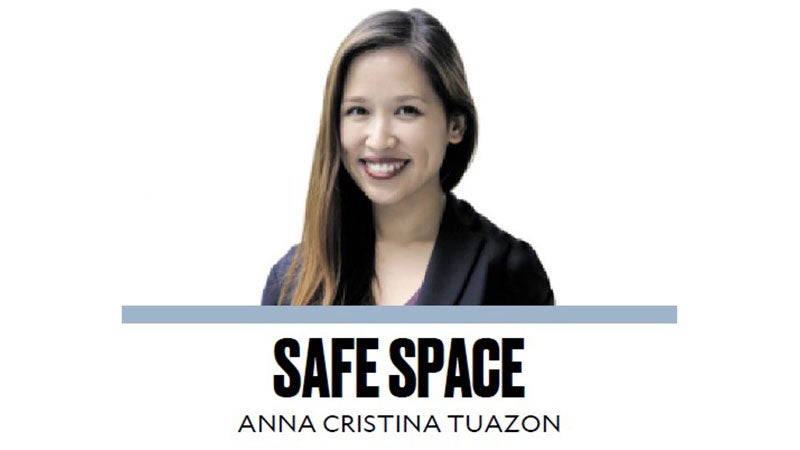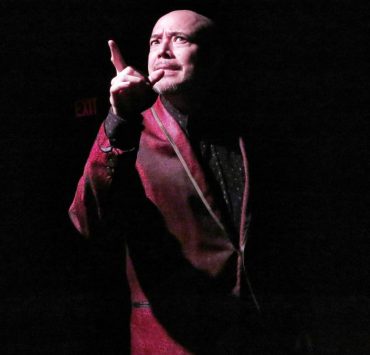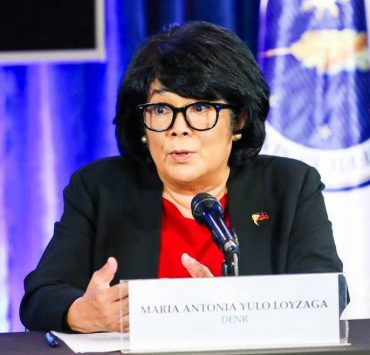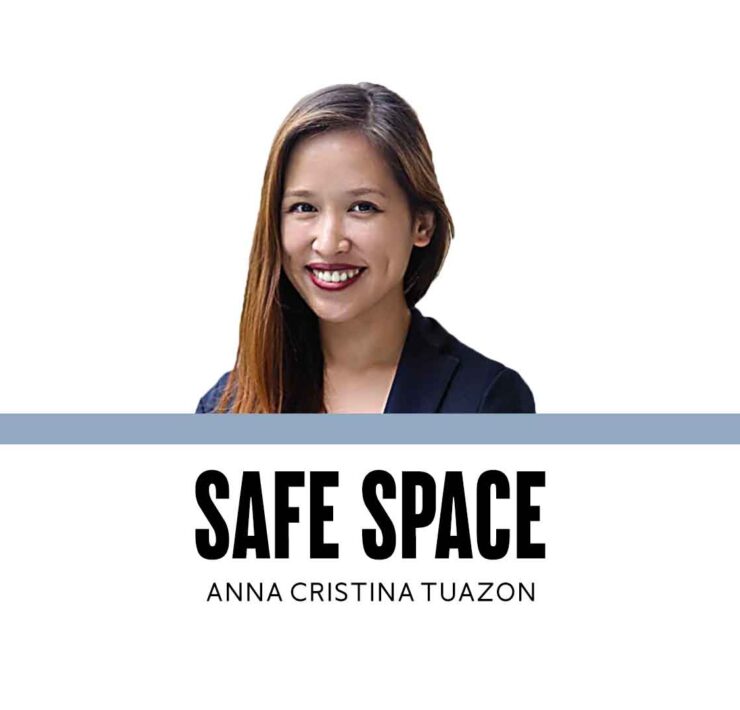The ‘waldas’ of a breakup

Tis the season—for breakups, apparently. Netizens experienced whiplash when several celebrity couples announced the end of their respective relationships. In a country where love teams reign supreme (heck, even Vilma Santos and Christopher de Leon are making a cinematic comeback this December!), the end of a reel-to-real love team is a core memory for a lot of Filipino fans. More experienced public figures have dealt with breakups using beautifully crafted messages to their fans. Others ask for privacy during this vulnerable time. Other personalities decide to let the public in and post their thoughts and feelings as they go through the process. The mother-in-law of a couple rumored to be breaking up decried that while her son was working very hard, the other was “waldas nang waldas.” The patriarchal stereotype of a working dad and a stay-at-home-mom aside, what is the true “waldas”—or squandering—in such a situation? Is money the only thing wasted? Or are there other hidden costs in a breakup?
A breakup is generally a sad affair, but there are ways that make it messier than it needs to be. One sure way to do this is when other people, such as friends and family, insist on getting involved. It gets even worse for celebrities because then the public gets involved too. I remember being told by a family member that a Filipino relationship, especially a Filipino marriage, is not just between two people but between two families. This is why our weddings are grand affairs and in-laws hold considerable influence over a couple’s decisions. This collectivist understanding of a relationship can have its benefits. If it takes a village to raise a child, why not for a couple too? Couples can get more support from their family members, both financially and emotionally. They can also seek the wisdom of relatives with more experience so they can avoid beginner couple mistakes. If one insists on setting such a hard line between themselves and family, it is a “waldas” of support and wisdom.
The downside of having your family involved in your relationship, however, is quite salient especially as the relationship is coming to an end. Having more family support also comes with more expectations. With more adherence toward harmony also comes conformity and lack of autonomy. A family’s embrace can be both comforting and suffocating.
While families can lend support and wisdom, ultimately it has to be the couple who decides on the course of their relationship. To do this wisely, couples need to experience themselves as just that, a couple. Not as sons or daughters, not even as parents, but as a couple unit. Contemplating the end of a relationship requires something akin to a spiritual retreat, where outside noise and distractors need to be blocked out so one can listen to their inner selves and reflect on how they would like to proceed. It is very difficult to do this when friends and family start taking sides. When this happens, and couples lose sight of what they truly want outside of the extended family’s desires, it is a “waldas” of the self.
I have always wondered why people feel compelled to take sides in a breakup. There are no inherent winners or losers. Both parties can win or lose at the same time. Taking a big picture approach, the end of a relationship is neither good nor bad. It is what happens after the breakup that determines whether it was a good decision or not. Sometimes, opting to keep a relationship can lead to stagnancy and more misery. This is the “waldas” of a life not chosen—the life you could have had if you had pursued what truly matters to you.
It is not just the couple who squanders something. People who take sides in someone else’s relationship lose something too. It is the “waldas” of goodwill. As a psychotherapist, I have an explicit rule that, barring abuse and safety issues, I do not advise my clients on whether to stay or break up, regardless of how tempting it is to do so. I know that such an opinion can only harm or pollute my client’s process. Taking sides will also put you at risk of being on the opposite side of your client—or friend—if they do decide to go against your advice. When this happens, I can no longer be effective, neither as a therapist nor as a friend. Words, like time, cannot be undone.
In any pivotal crossroad of our lives, we must take stock of what it is that we are choosing to keep and what we are choosing to let go. The entire relationship does not have to be a waste simply because it ended. Severing one tie does not have to mean severing the rest. The true “waldas” or waste in a breakup is going through the motions without realizing what you have lost.
—————-aatuazon@up.edu.ph


















